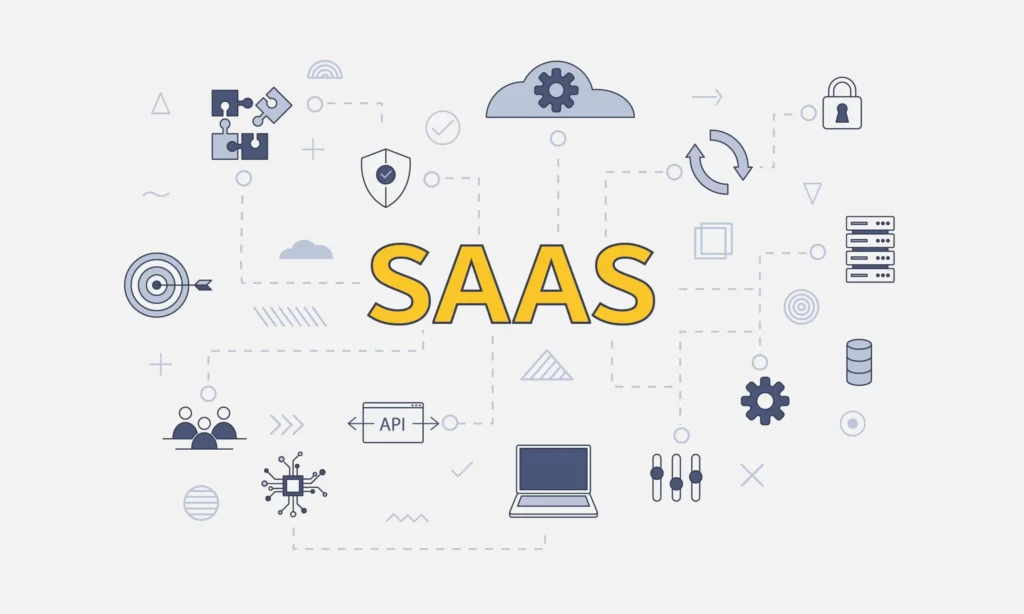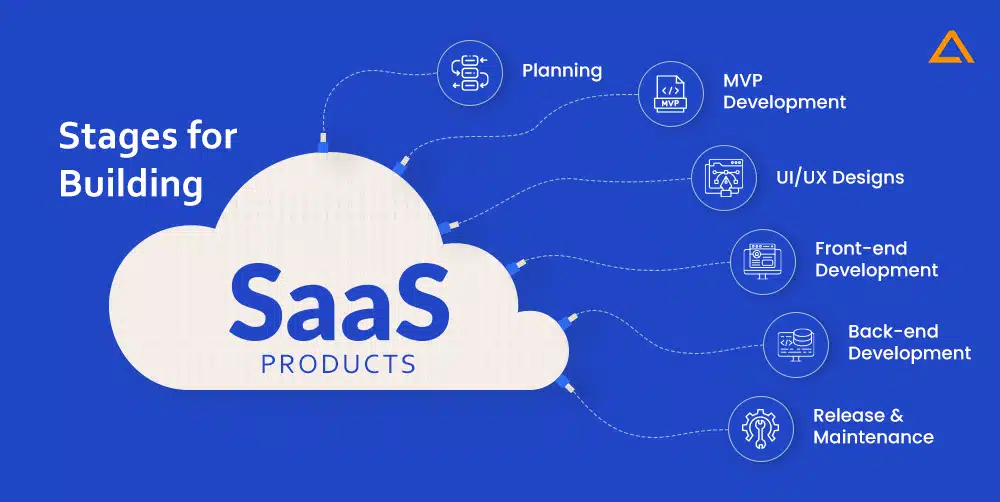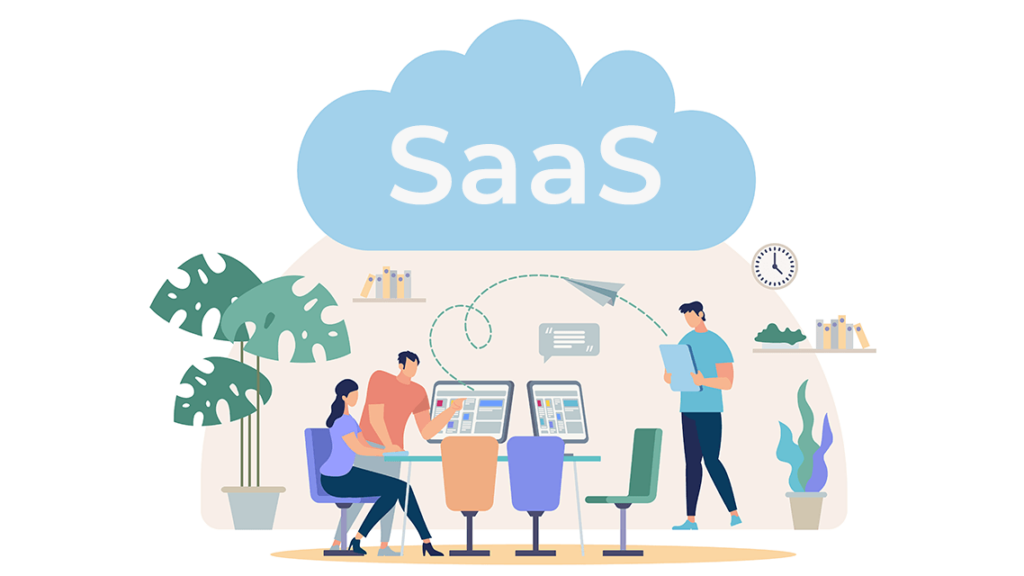In today’s digital age, businesses are always looking for ways to increase their efficiency, productivity, and profitability. One technology that has gained significant popularity in recent years is Software as a Service or SaaS. SaaS is a cloud-based model that allows businesses to access software applications over the internet instead of purchasing and installing them on their own servers. In this article, we will discuss the benefits and drawbacks of SaaS for businesses, as well as factors to consider when choosing a SaaS provider.
What is SaaS & It’s Benefits
As mentioned earlier, SaaS is a cloud-based software delivery model that allows businesses to access software applications over the internet rather than purchasing and installing them on their own servers. In other words, SaaS is a subscription-based service that provides access to software applications that are hosted on the cloud. Users can access the software through a web browser or mobile app, and they don’t need to worry about installing updates or maintaining the software.
One of the main benefits of SaaS is that it is cost-effective. Businesses don’t need to infuse in expensive hardware or software clearances, as the SaaS provider takes care of everything. This makes SaaS a great option for small businesses and startups that are on a tight budget. SaaS applications are designed to be user-friendly and easy to use. Users can access the software from anywhere as long as they have an internet connection. This allows businesses to be more flexible and mobile, as they can work from anywhere, at any time.
SaaS is scalable, which means that businesses can easily add or remove users as their needs change. This makes SaaS a great option for businesses that are growing or have fluctuating needs. SaaS providers are accountable for sustaining and contemporizing the software. This means that businesses don’t need to worry about installing updates or maintaining the software. SaaS providers also ensure that the software is always up-to-date with the latest security patches and features.
Drawbacks of SaaS for Businesses
One of the main concerns with SaaS is security. As businesses are storing their data on a third-party server, there is always a risk of data breaches or cyber-attacks. It is crucial for enterprises to choose a SaaS provider that has strong security measures in place. SaaS applications are designed to be standardized, which means that businesses may not be able to customize the software to their specific needs. This can be a drawback for businesses that require highly customized software. As SaaS applications are hosted on the cloud, businesses are dependent on their internet connection to access the software. If there is a disruption in the internet connection or the SaaS provider experiences downtime, businesses may not be able to access the software.
When choosing a SaaS provider, it is important to consider their security measures. Businesses should look for SaaS providers that have strong encryption, data backup, and disaster recovery plans in place. Businesses should consider how the SaaS application will integrate with their existing software and systems. It is important to choose a SaaS provider that offers seamless integration with existing software. Businesses should consider the level of support that the SaaS provider offers. It is important to choose a provider that offers 24/7 support and quick response.



